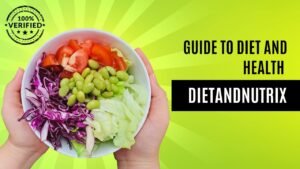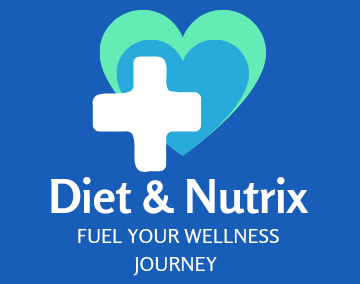Your Ultimate Guide to Diet and Health: FAQs Answered For your overall health
It’s important to eat well. Be that as it may, exploring the universe of nourishment can challenge. We’ve compiled responses to some of the most frequently asked questions about diet and health to help you make informed decisions.

What is a Balanced Diet? (Diet and Health)
A balanced diet includes a variety of foods in the right proportions. It typically consists of:
Fruits and Vegetables: Rich in vitamins, minerals, and fiber.
Proteins: Essential for muscle repair and growth, found in meats, beans, and legumes.
Carbohydrates: Provide energy, sourced from grains and starchy vegetables.
Fats: Necessary for brain health, with healthy fats found in nuts, avocados, and olive oil.
Incorporating these components ensures you get the nutrients your body needs while maintaining energy levels and overall health.
How Much Water Should I Drink Daily? (Diet and Health)
Staying hydrated is vital for good health. Generally, it’s recommended to drink about 8 glasses (2 liters) of water per day. However, individual needs may vary based on factors like activity level, climate, and health conditions. Drinking water regularly helps maintain bodily functions, supports digestion, and improves skin health.
What Are the Benefits of Eating Whole Foods? (Diet and Health)
Whole foods, such as fruits, vegetables, and whole grains, offer numerous benefits:
Nutrient-Dense: Packed with essential vitamins and minerals.
Low in Additives: Free from artificial preservatives and sweeteners.
Better Satiety: Help you feel full longer, which can aid in weight management.
Incorporating more whole foods into your diet can enhance your overall health and prevent chronic diseases.
How Can I Reduce Sugar Intake?
Reducing sugar intake is key to maintaining a healthy diet. Here are some strategies:
Read Labels: Check for hidden sugars in processed foods.
Opt for Natural Sweeteners: Use alternatives like honey or stevia.
Choose Whole Fruits: They contain fiber that helps regulate sugar absorption.
By making these changes, you can reduce your risk of developing health issues related to high sugar consumption, such as diabetes and heart disease.
Are Supplements Necessary for a Healthy Diet?
While a well-balanced diet should provide most of your nutritional needs, some people may benefit from supplements:
Vitamin D: Especially important in areas with limited sunlight.
Omega-3 Fatty Acids: For heart and brain health.
Iron: Useful if you have a deficiency, often found in vegetarian diets.
Always consult with a healthcare provider before starting any supplements to ensure they are necessary and safe for you.
How Does Exercise Complement a Healthy Diet?
Exercise is a crucial part of a healthy lifestyle and works in synergy with a balanced diet. Here’s how:
Boosts Metabolism: Helps your body burn calories more efficiently.
Supports Weight Management: Balances calorie intake with expenditure.
Enhances Mood: Releases endorphins that improve mental health.
Combining regular physical activity with a nutritious diet promotes overall health and well-being.
What Role Does Portion Control Play in Weight Management?
Portion control helps regulate calorie intake and maintain a healthy weight. Tips for effective portion control include:
Use Smaller Plates: It can help manage portion sizes visually.
Listen to Your Body: Eat until you’re satisfied, not full.
Be Mindful of Portions: Especially for high-calorie foods.
By practicing portion control, you can enjoy a variety of foods without overeating, which is essential for long-term weight management.
Conclusion
Understanding and implementing a balanced diet, proper hydration, and mindful eating practices can significantly enhance your health. By addressing these frequently asked questions and incorporating these tips into your daily routine, you can achieve a healthier and more fulfilling lifestyle. For personalized advice, consider consulting with a nutritionist or dietitian to tailor these recommendations to your individual needs.
keep visiting our website www.dietandnutrix.com
More Related Post:
https://dietandnutrix.com/the-best-tips-gastrointestinal-issues/



